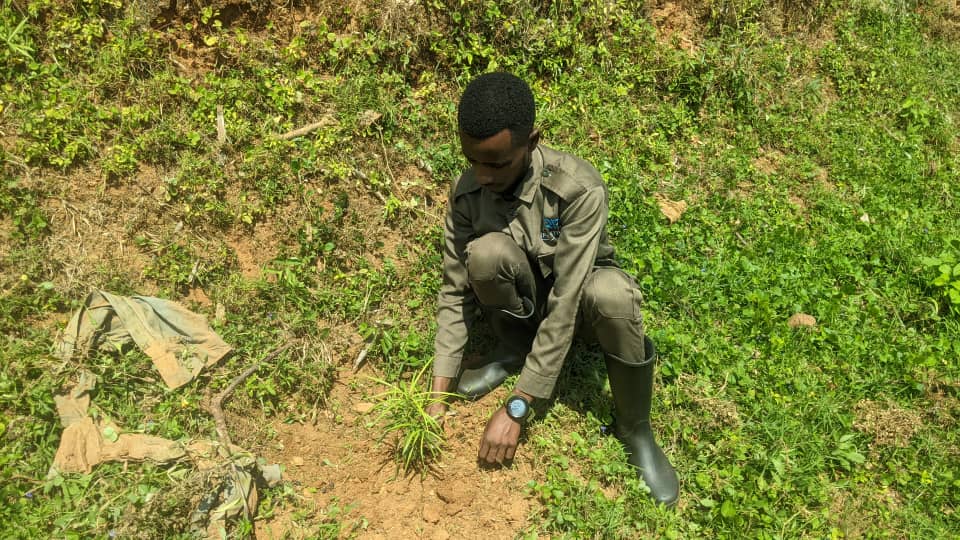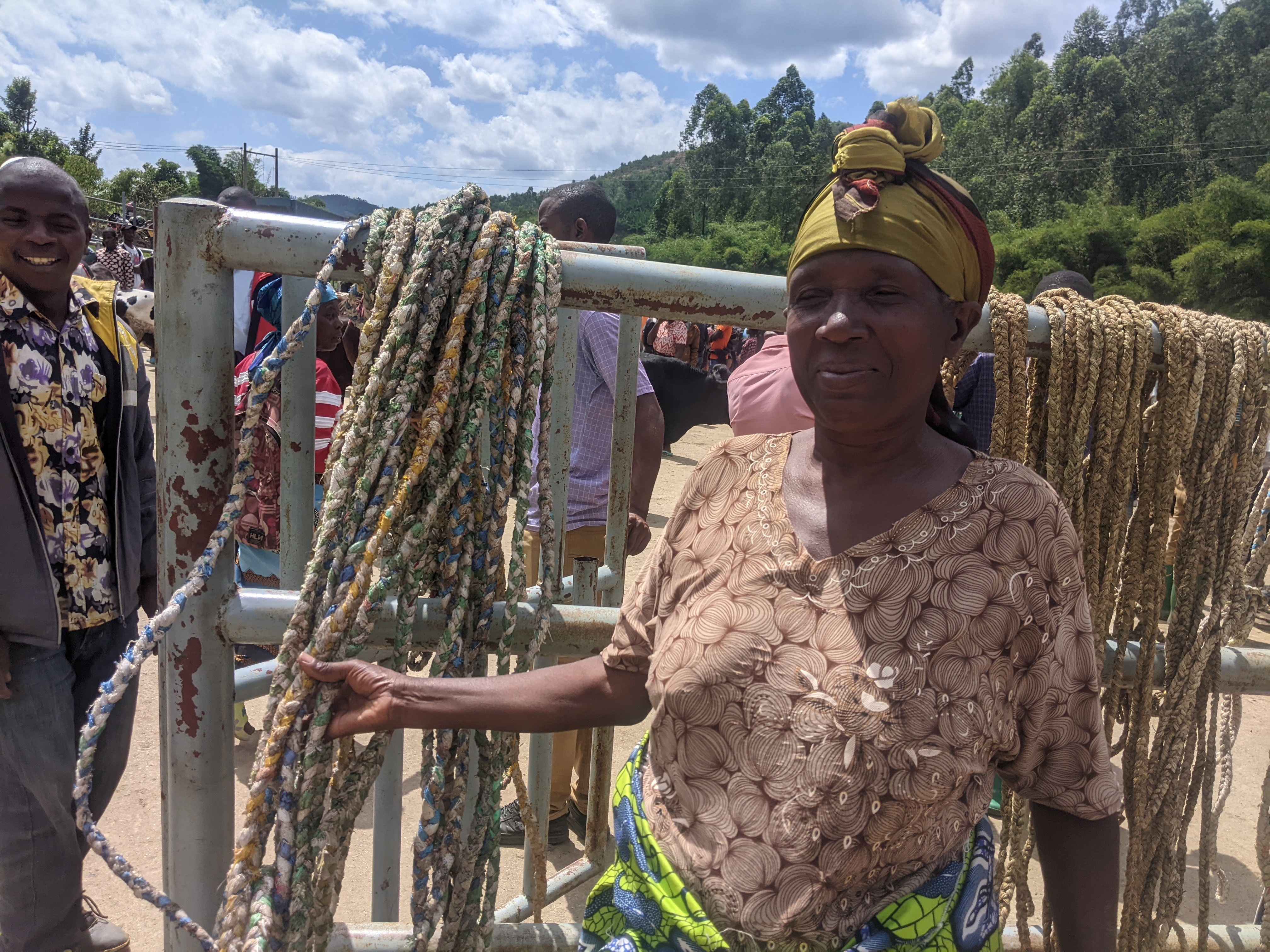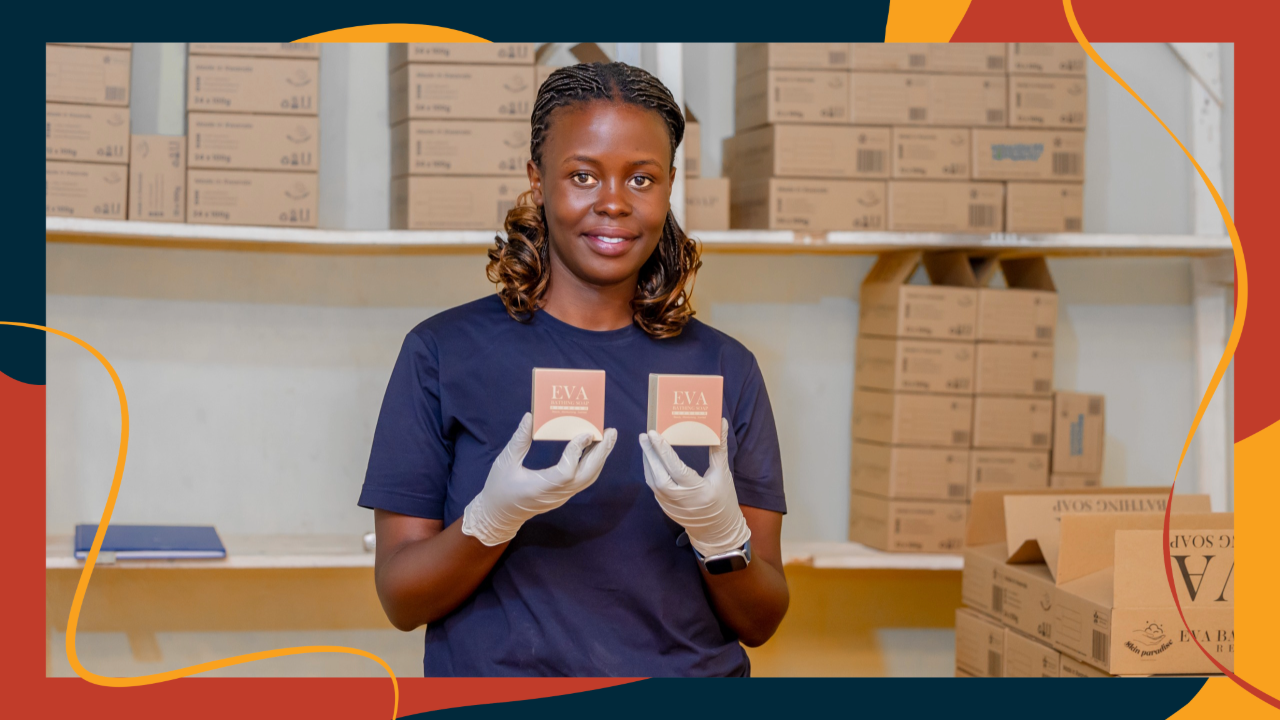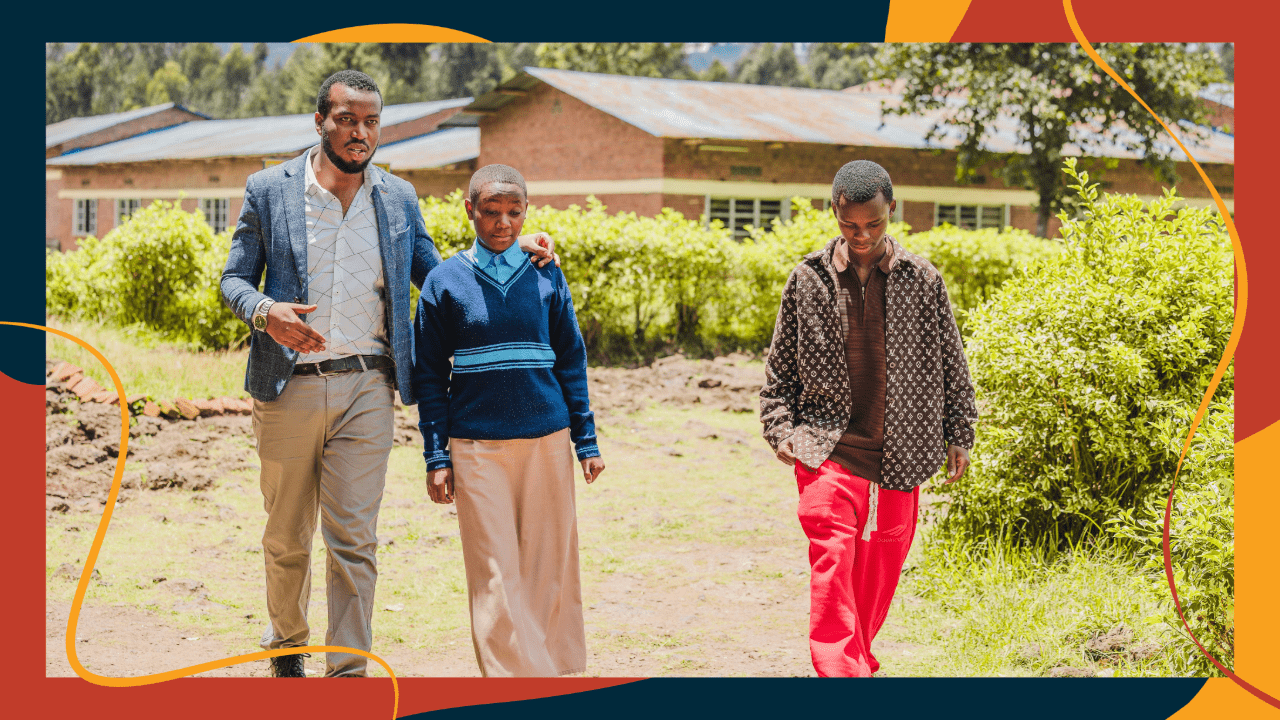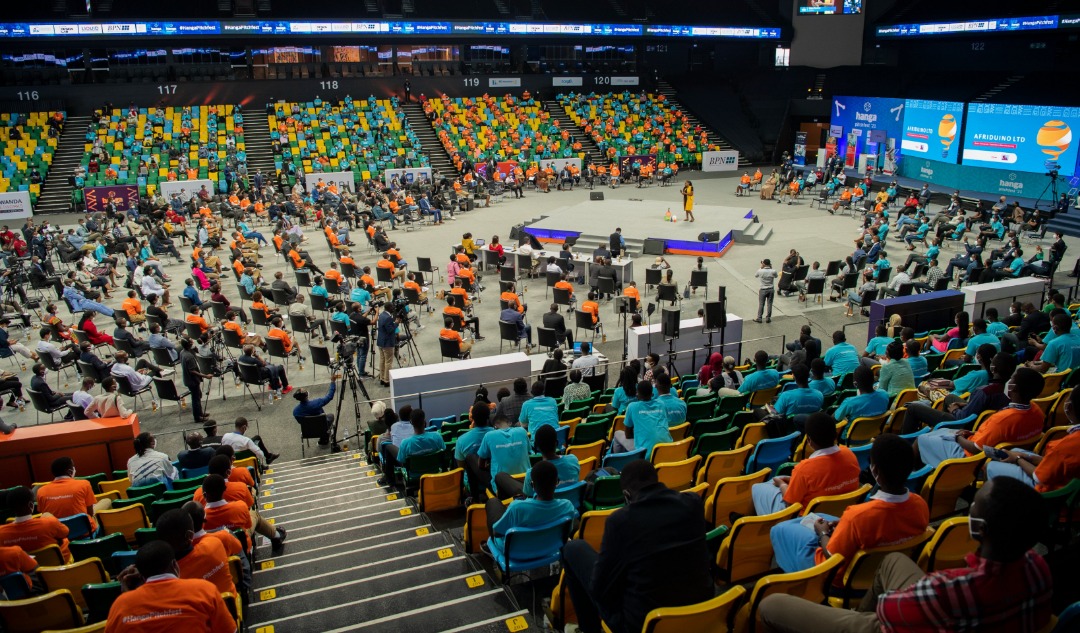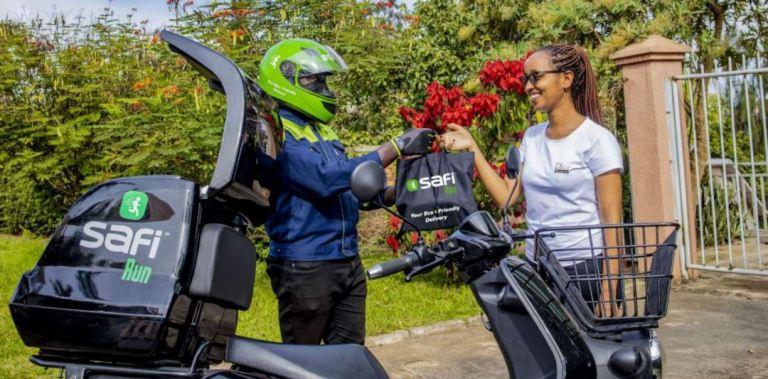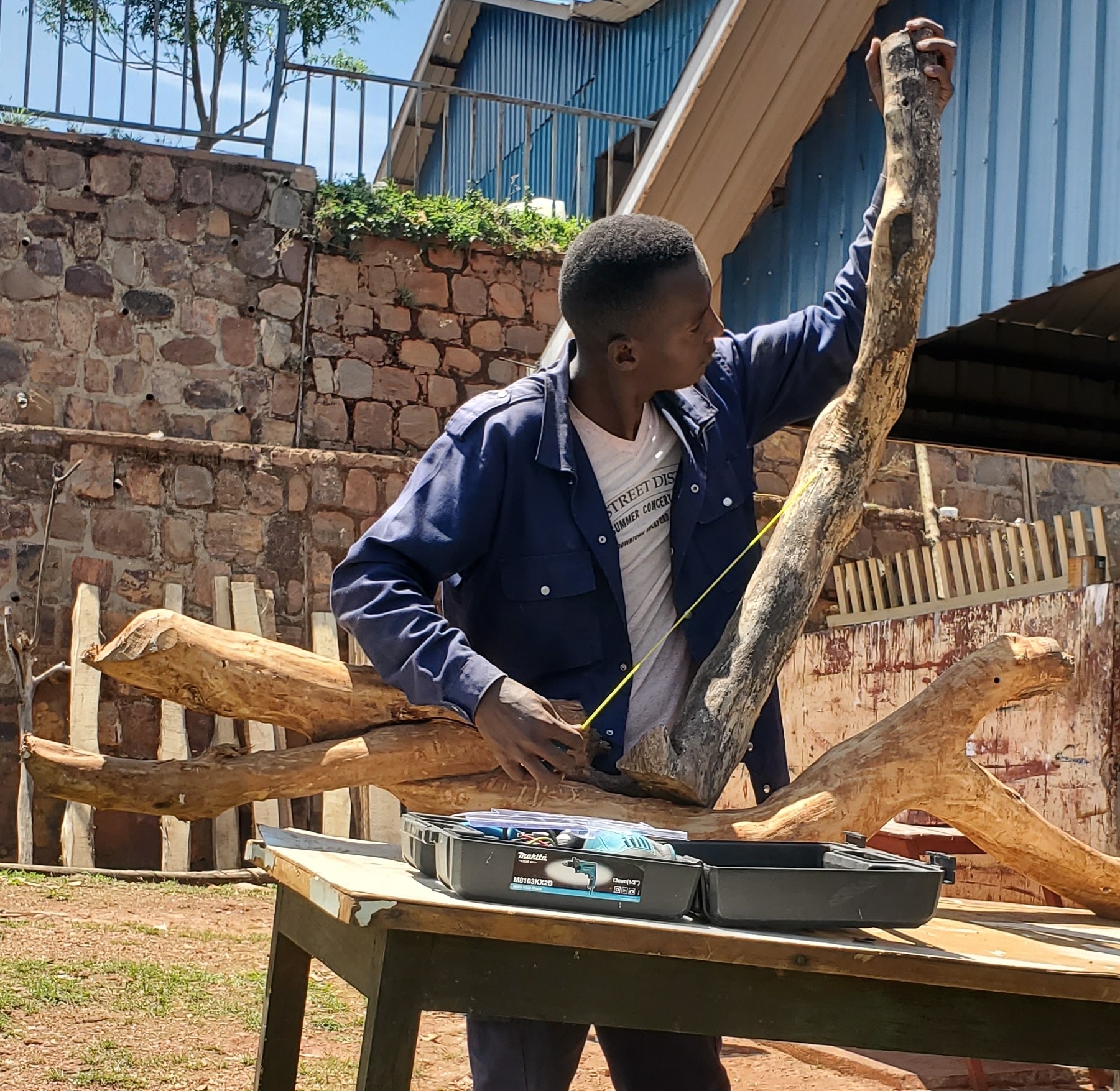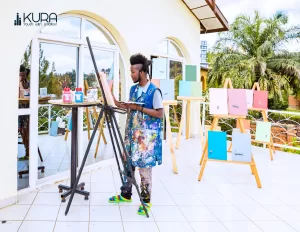If you’re looking to land a job in 2025, you’re not alone. The job market is evolving faster than the speed of a Kigali moto bike in rush hour. Employers are searching for skills, adaptability, and an edge that sets candidates apart. Are you ready to step up?
- Sharpen your digital skills (no, posting memes doesn’t count)
It’s no secret: Rwanda is becoming a tech hub. With initiatives like Kigali Innovation City and increasing investments in digital infrastructure, tech skills are no longer optional. Whether it’s data analysis, coding, or even basic graphic design, having a handle on technology can put you ahead of the competition.
Not sure where to start? Online platforms like Coursera and Udemy offer affordable courses, while local initiatives like the Rwanda Coding Academy provide hands-on training. And if you’re in doubt, remember: Knowing Excel formulas might just be the skill you didn’t know you needed.
- Master the art of networking (it’s not just about free tea at conferences)
Rwandans have a saying: Umuti umwe ntiwica urubobi (One stick won’t kill a fly). Translation? Connections matter. In 2025, job hunting isn’t just about sending CVs to HR emails that might as well be black holes. Networking is key.
Attend industry events, join professional groups, and stay active on platforms like LinkedIn. But here’s the catch: Don’t just collect business cards. Follow up. Share your interests. Let people know what you’re looking for. And no, asking “Are there any openings in your company?” as your first message doesn’t count as good networking.
- Focus on soft skills (Your EQ matters as much as your IQ)
The workplace isn’t just about what you know but how you work with others. Employers are hunting for team players, problem solvers, and effective communicators.
Take time to develop emotional intelligence—understanding your own emotions and those of others. Leadership workshops, community projects, or even group activities like Toastmasters can help you build these skills. Remember, being “book smart” alone won’t cut it if you can’t communicate effectively in a meeting.
- Embrace lifelong learning (your degree isn’t the end of the road)
In Rwanda’s ever-evolving job market, sticking to what you learned in university is like trying to use a Nokia 3310 to browse Instagram. The world changes; you should too.
Make learning a habit. Subscribe to industry newsletters, follow thought leaders on social media, or take up short courses regularly. In-demand fields like renewable energy, artificial intelligence, and agritech are growing locally—get on that wave before it passes you by.
- Tailor your cv like a custom suit
Let’s face it: A generic CV is the job-search equivalent of wearing a kitenge in the wrong size—it just doesn’t work. Customize your CV for every role. Highlight relevant skills, quantify achievements (e.g., “Increased sales by 25%”), and keep it simple.
And don’t forget the cover letter. If your CV is the headline act, the cover letter is the opening performance—make it shine.
- Build an online presence (no, not just reposting tiktok challenges)
Employers will Google you. Your social media profiles should reflect the professional you want them to see. Post thoughtful content, engage with industry leaders, and showcase any projects or initiatives you’re proud of.
For a more professional touch, consider creating a portfolio website. It doesn’t have to be fancy—a simple page highlighting your work and achievements can go a long way.
- Adaptability is the name of the game
Rwanda is transforming rapidly, from growing urban centers to innovations in green energy. The job market is no exception. Employers want people who can pivot when circumstances change—whether it’s learning a new skill, adapting to a new role, or embracing hybrid work setups.
Stay curious, stay flexible, and always ask yourself: “What’s next?”



